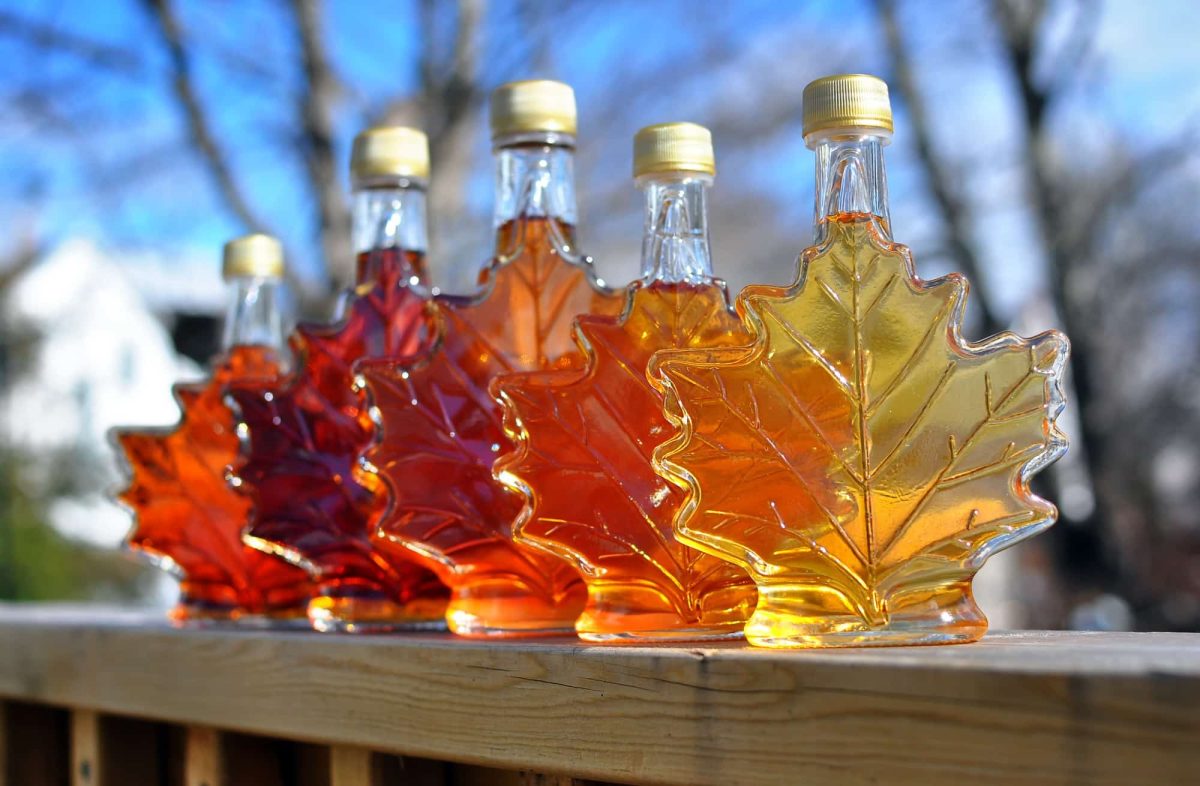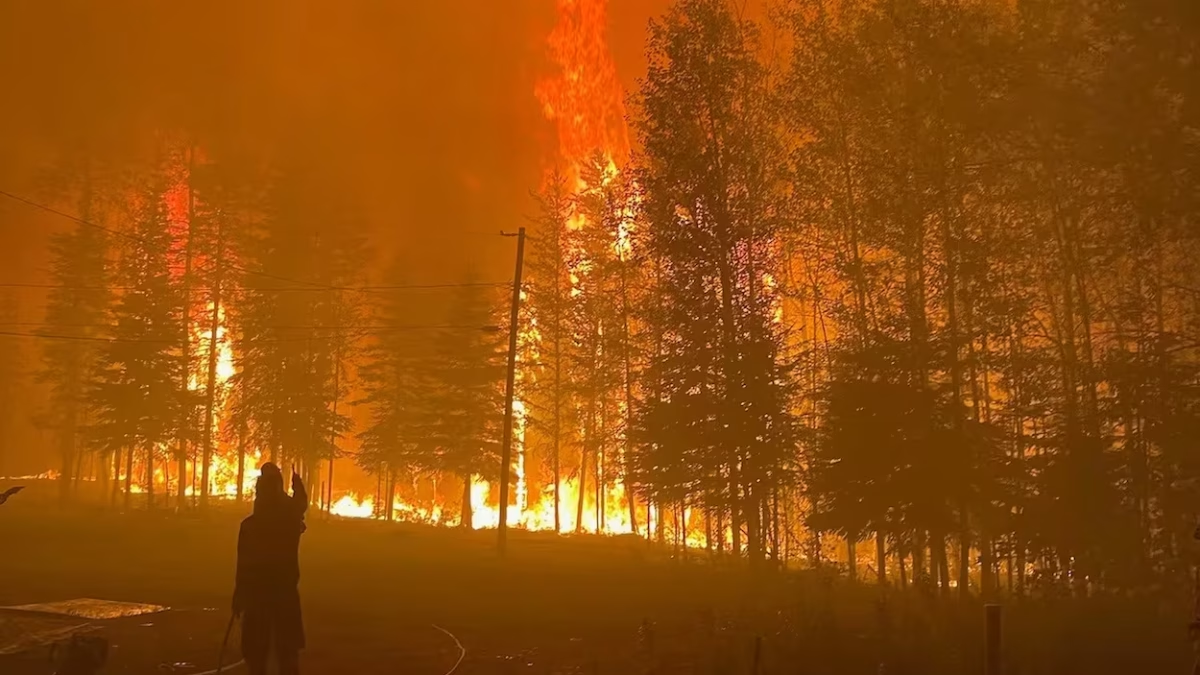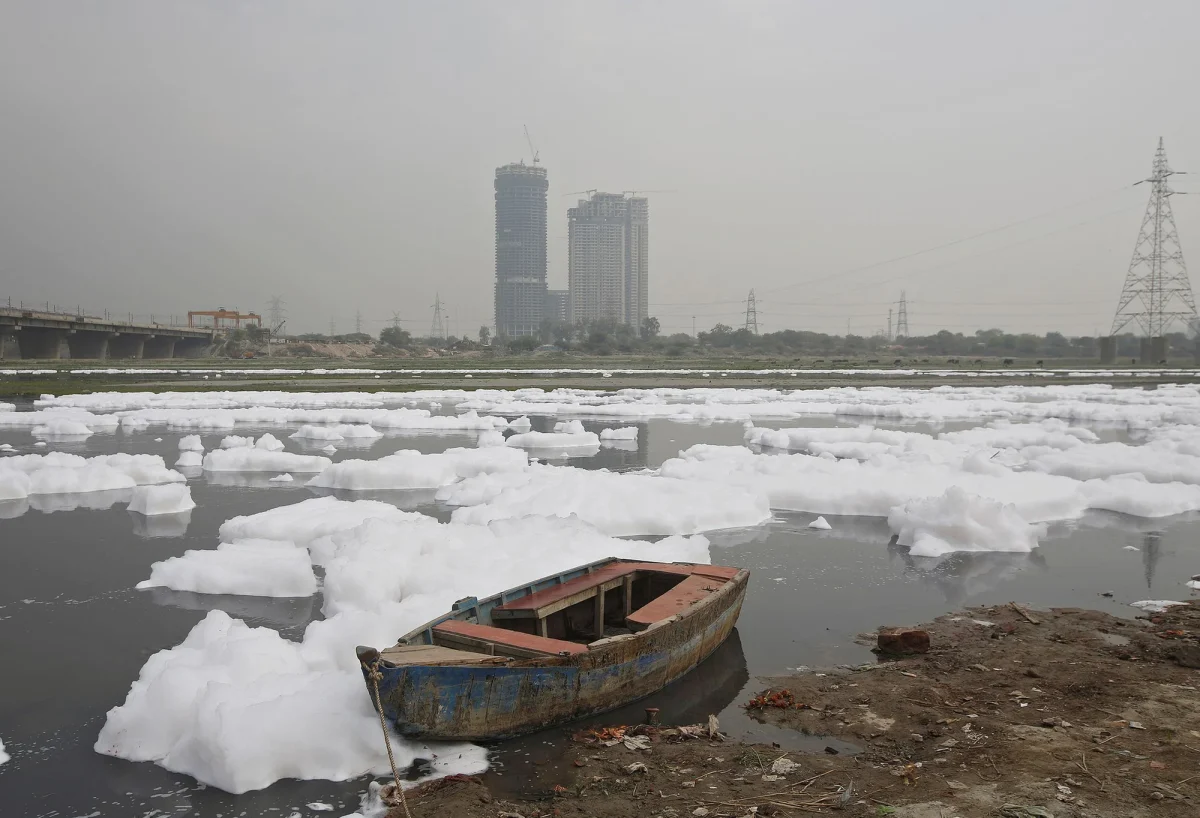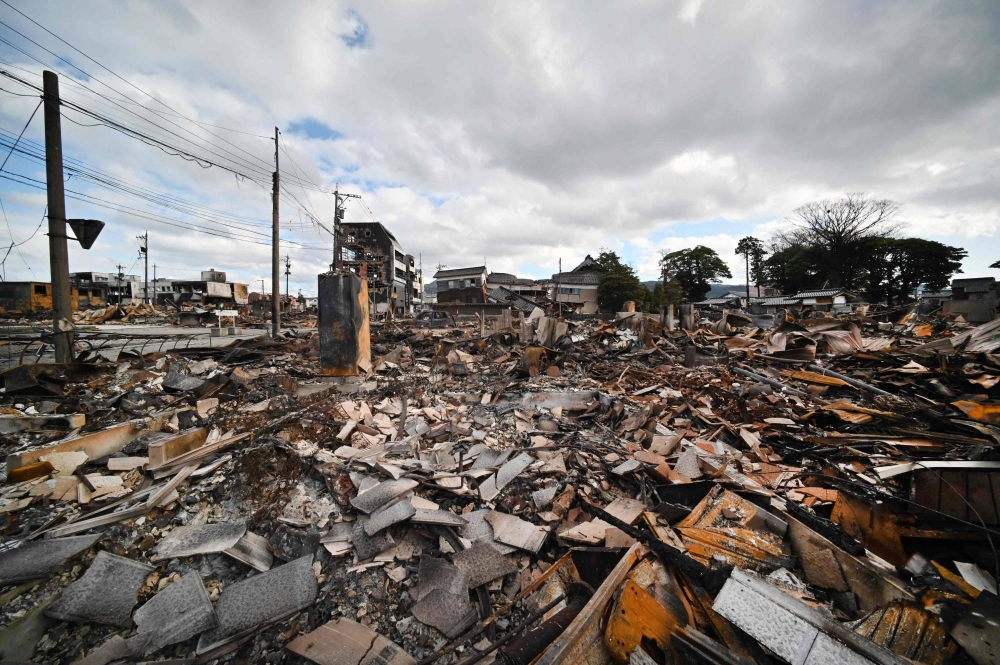Maple syrup is dear to every Canadian, it represents their country but because of climate change, the maple industry is at risk.
Maple syrup is the emblem of Canada, when you see maple syrup you automatically think of the country it represents. The syrup is appreciated by a lot of people all around the world which means that the production is higher but with the weather warming the production is facing difficulties.
The winters are warming more and more which leads to less snow, hotter temperatures and impacts on the trees that produce maple. Maple sugaring is a forest-derived product so the impact of climate changes on the forest is a concern. The trees that produce sap, which is the liquid that makes maple syrup, produce during a short period of time. The temperature has an impact on the duration of the season. It usually starts in January when the temperatures are just above freezing and it ends around April when the temperature is always above 0 degrees. If the climate continues to get warmer the maple season could shorten.
Maple trees need a certain climate to be able to produce sap. If it is produced in a different climate, it could have difficulty regenerating and it could also have a bigger vulnerability to disease or even increase the mortality of those trees. “It’s the most catastrophic scenario,” according to researcher Isabelle Aubin, of Natural Resources Canada. Fortunately, Quebec has taken measures to try to avoid such outcomes because the city owns 75 percent of the country’s maple trees. Quebec is trying to reduce its emissions to stay in the climate niche of maple. The change of temperature can also impact sugar maples by affecting their soils. Sugar maples need nutrient-rich soils and a specific range of soil moisture to grow properly, which makes it an environmentally sensitive species.
According to an analysis made by Radio-Canada, by 2100, 8 out of 10 most productive maple regions will exit the climatic ideal for maple growth because of strong wind, late frost and warming episodes. “If climate change affects days when there’s huge production, we could risk having a significant impact on the flow and the final production,” said Sergio Rossi from the University of Chicoutimi. Cities in North America are taking measures to try to save their sweet national emblem.







